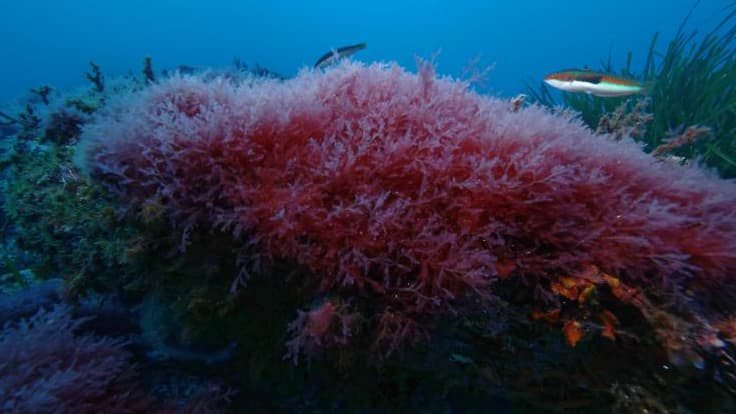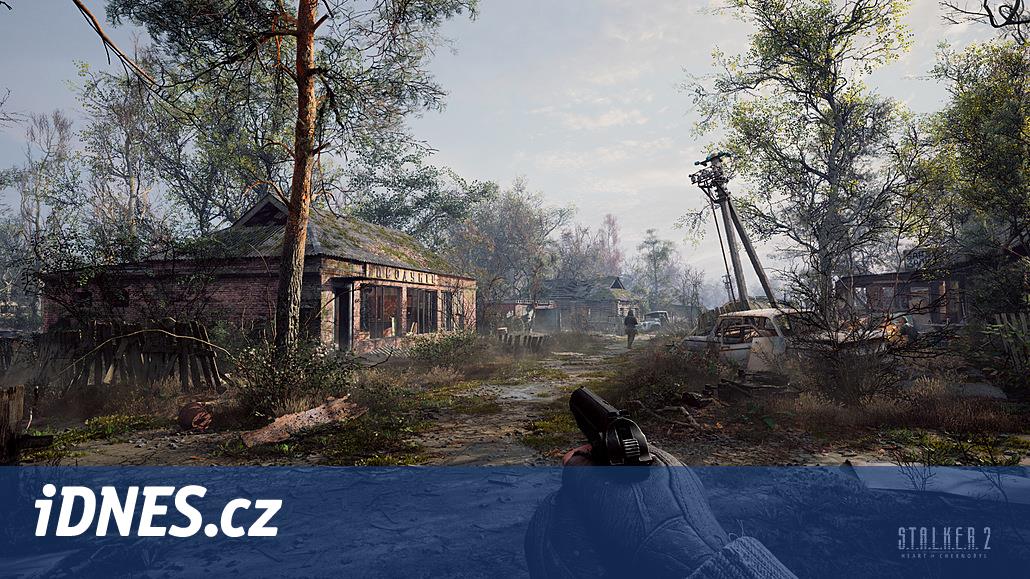NR Ernst Gödl, WKO President Josef Herk, NR Joachim Schnabel, WKO Director Karl-Heinz Dernoscheg and Franz Glanz, GF Cargo Center (from left)
It was Federal Minister Leonore Gewessler’s solo effort that caused the waves to rise: It is therefore not surprising that the planning freeze for the three-lane expansion of the A9 between the Graz-West and Leibnitz junctions was met with overwhelming rejection from business and the population, how from a current survey by the Institute for Economic and Location Development (IWS) of the WKO Styria. Accordingly, 83 percent of those surveyed assessed the sudden end of the infrastructure project negatively. A total of 1,023 entrepreneurs and 1,159 residents from the central area of Graz and southern Styria were questioned in the course of the survey.
Those surveyed agree that the heavily frequented section in the south of Graz is at its limit. 98 percent state that the autobahn is often overloaded here on weekdays, 95 percent believe that capacity limits have been reached in the south of Graz. A total of 88 percent are in favor of a three-lane expansion in view of the bottleneck in traffic policy. There is a broad consensus (not only) among business representatives about the importance of good transport connections, given that employment-intensive leading companies such as Magna, Anton Paar, Fresenius Kabi, Allnex Austria, Lidl and Schenker are located along the A9. The south of Graz is also becoming increasingly important as a logistics location, as the Cargo Center is being expanded on a large scale.
In addition, the greater Graz area is one of the fastest growing conurbations in all of Austria. By 2040 alone, the population will grow by 60,000 inhabitants – and the volume of traffic will also increase. “That’s why the three-lane expansion is needed for the economy, but also for the many commuters,” emphasize WKO President Josef Herk and WKO Director Karl-Heinz Dernoscheg.
Broad discourse with all those involved is required
The head of the Styrian Chamber of Commerce is particularly critical of the sudden end of a project that should have been planned down to the last detail and should have been implemented by 2025: “There shouldn’t be any ideologically motivated traffic-political ghost trips here,” the head of the Styrian Chamber of Commerce found clear words. Together with representatives of the Association of Municipalities and the region – the two National Councilors Joachim Schnabel and Ernst Gödl – Herk and Dernoscheg are calling for a broad discussion with all those involved: “Instead of decreing another traffic jam future from Vienna, the minister should finally talk to the Talk to those affected and take their concerns seriously.”
–


